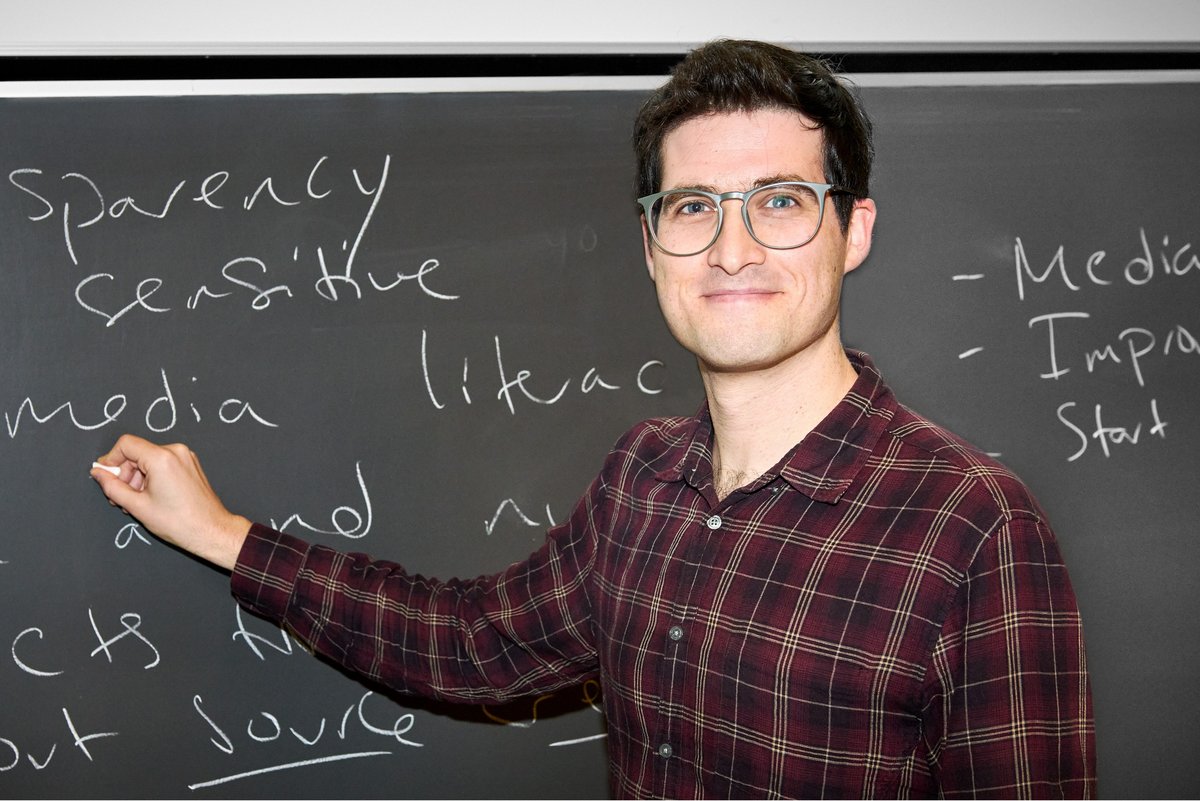The importance of creating socially cohesive and inclusive societies

An AUFF Starting Grant contributed to research of societal importance: Nicholas Haas seeks to avoid the potential consequences of a transnational lack of inclusion
Nicholas Haas is an assistant professor at Aarhus University. This article revolves around lack of social inclusion and how an AUFF Starting Grant allowed Haas to further his research on this issue - one which is believed to be connected to many of the problems that affect societies across the globe.
Lack of social inclusion: issues and solutions by Nicholas Haas
How can we design socially cohesive and inclusive societies? Many of the world’s most vexing problems, from those in the United States to those in Africa, Asia, Latin America, Europe, and almost everywhere in between, are thought to stem at least in part from a failure to ensure that all individuals feel that they and others should be and are treated as full and equal members of society. My research, which is generously sponsored by an AUFF Starting Grant, attempts to shed additional light both into potential strategies to improve inter-group relations, as well as some of the more deleterious consequences that await us should we fail.
Hope is not yet lost: developing strategies for combatting inter-group inequality
In one line of research, I evaluate different strategies to reduce inter-group inequality. In a paper with Saad Gulzar and Benjamin Pasquale, I find that a political quota in India can improve government responsiveness to marginalized communities without decreasing overall government performance. This research received the Lawrence Longley Award from the Representation and Electoral Systems section of APSA for the best article published in 2020. Altering state institutions may not, however, be the most expedient route to reducing inequality in contexts with weak state institutions, and in a different working paper, I investigate with Prabin Khadka whether customary institutions in Somalia can be reformed to better respond to women seeking access to justice. In ongoing work, I also evaluate other non-state reforms (sponsored by the UN) in Bangladesh, the Maldives, and Sri Lanka.
Along with Emmy Lindstam, and with the support of AUFF, I recently conducted an experiment in India that considers the effects of historical revisionism – in our case, the rewriting of textbooks to portray the country as a fundamentally Hindu nation – on Muslim and Hindu citizens’ sense of belonging to the nation, and entitlement and willingness to lead it. Importantly, we find that inclusive narratives that highlight the positive historical contributions of marginalized communities may help to counteract those communities’ political underrepresentation and feeling of exclusion from society’s core community.
Distrust makes blind: inter-group polarization may come at the cost of peace
In addition to considering ways to improve inter-group relations, a second line of work more squarely focuses on the negative consequences, as well as the causes, of inter-group polarization. In an experiment in South Sudan, Prabin Khadka and I find that endorsements of peace deals from distrusted out-group leaders can decrease individuals’ support for crucial peace settlements. In other work in Egypt and the U.S., along with Mazen Hassan, Sarah Mansour, and Rebecca Morton, I find that polarization can reduce support for reforms that make everyone better off as well as reduce the reliability of individuals’ answers to surveys, and that negative political campaigning can increase social polarization.
A facilitation of research: the AUFF Starting Grant
My AUFF grant has allowed me to hit the ground running in my research, and, I hope, to increase public knowledge on questions of societal concern. I look forward to continuing to work on my research agenda in the coming years.
An important aspect of the AUFF Starting Grants is that they serve as a way of ensuring international recruitment, with the intention of establishing new and independent research-fields and research-groups within already established and expanding fields. AUFF makes use of the Starting Grants to ensure that extraordinary researchers are presented with excellent career opportunities at Aarhus University. The primary audience of Starting Grants includes lectors, associate professors, and professors.